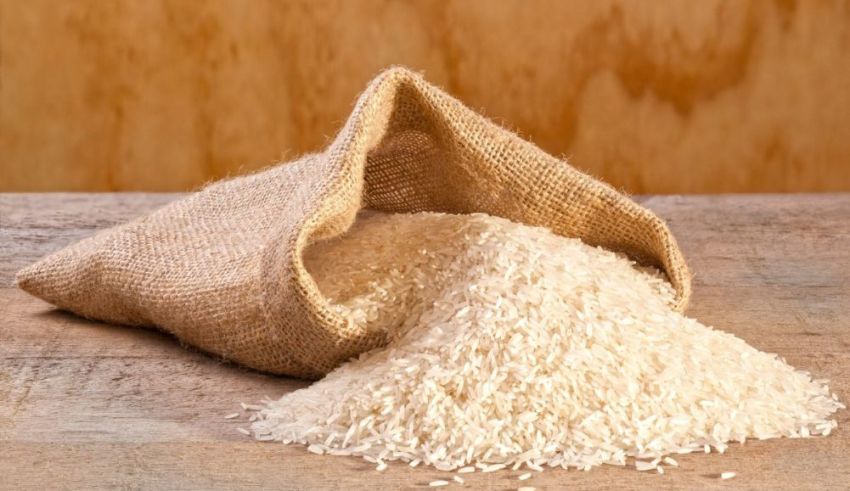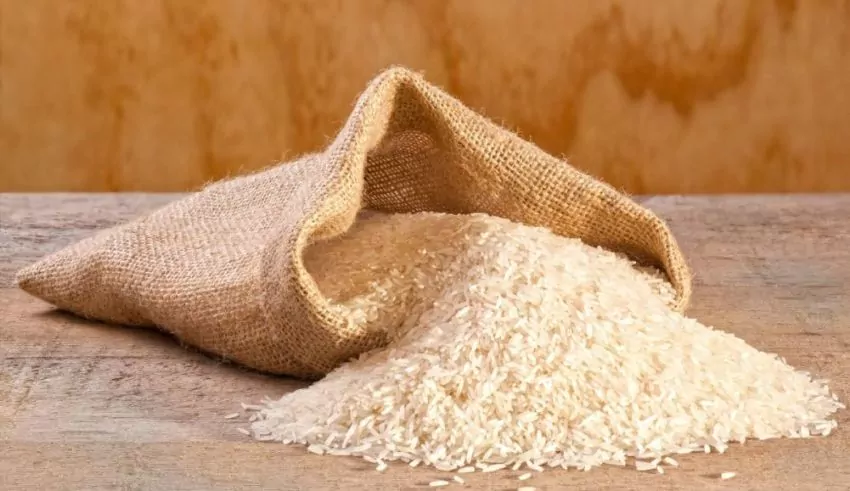

(C) World Grain
Recently, India’s Ministry of External Affairs made a crucial decision to allow rice shipments to Singapore, citing the strong economic, diplomatic, and human ties between the two nations. The decision raises concerns about India’s objectives, the effect on its internal market, and the ramifications for the international rice trade. It also comes in the wake of India’s prohibition on exports of non-basmati white rice.
The statement from the Ministry highlights the unique connection between India and Singapore, which is marked by common interests and active bilateral cooperation. The choice to permit rice exports to Singapore can be interpreted as an effort to solidify this connection while taking Singapore’s demands for food security into account.
Many consumers were shocked by the export ban on non-basmati white rice, which was implemented to protect domestic food security and maintain rice prices. The action was performed to combat growing inflation, particularly before state elections. However, India’s quick turnabout in the Singapore rice export dispute demonstrates the ability of the nation to adjust while juggling its home obligations and its engagements abroad.
The export ban on non-basmati white rice, which was put in place to safeguard domestic food security and sustain rice prices, upset a lot of people. The step was taken to counteract rising inflation, especially in the run-up to state elections. India’s swift reversal in the Singapore rice export conflict, however, shows the country’s capacity to adapt while balancing its domestic commitments and its activities abroad.
India’s endeavor to regulate rice exports and boost its home market may be seen in the decision to put a 20% duty on parboiled rice exports till a specific date. The timing of this choice, amid international geopolitical unrest and economic uncertainty, emphasizes the complex interplay of political and economic factors that affect India’s trade policies even more.
Due to its reliance on rice imports, particularly those from India, Singapore must interact with Indian officials. The importance of India as a supply of rice is highlighted by the Singapore Food Agency’s attempts to get exemptions from the export prohibition. The delicate balance between international food trade and local food security is highlighted by this bilateral trading relationship.
With over 40% of worldwide rice exports, India is a significant player in the industry. The worldwide rice market was affected by the export prohibition on FCon-basmati white rice, which led to a shortfall of supplies. The fact that India is now allowing rice shipments to Singapore suggests a potential change in India’s policy regarding rice export limits.
With over 40% of worldwide rice exports, India is a significant player in the industry. The worldwide rice market was affected by the export prohibition on non-basmati white rice, which led to a shortfall of supplies. The fact that India is now allowing rice shipments to Singapore suggests a potential change in India’s policy regarding rice export limits.
The love towards Asian dramas is expanding everyday and audiences are curious in exploring the diverse contents in various languages…
‘The Haunted Palace’ is a historical rom-com K-drama which premiered on 18 April 2025 on SBS TV and it is…
ITZY dominates the playlist of South Korean and even the global music lovers as they exquisitely blend the electropop with…
“Every beginning has an ending”, today is one such end to the wonderful and resilient test career of a legend…
Singapore’s leading bus operator SBS Transit plans to start testing its innovative AI-braking system in early 2026. Working with Chinese…
The six attacks by ship sailing in the Singapore strait in five days this month has activated a spate increase…
This website uses cookies.
Read More